Deck & Commander Strategies
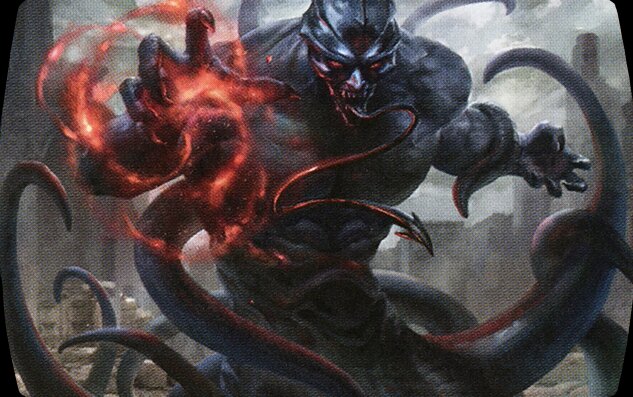
Tevesh Szat, Doom of Fools
Generate value and card advantage by sacrificing Thralls created from its ability while controlling the board with disruption and leveraging a combo-oriented toolbox.
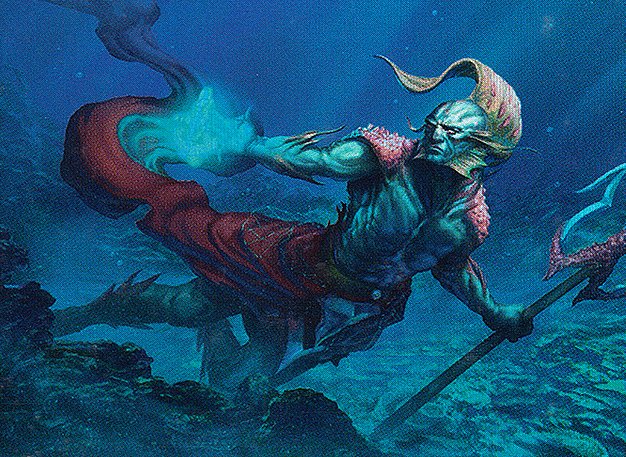
Thrasios, Triton Hero
Ramp and card advantage through efficient mana usage and topdeck manipulation, aiming to assemble powerful combos or win through incremental advantage.
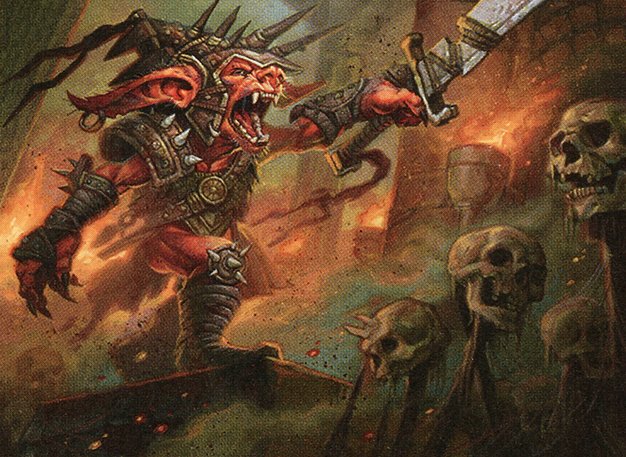
Rograkh, Son of Rohgahh
Aggressive creature-based deck focused on attacking early and generating treasures for mana acceleration, creating pressure through combat damage.
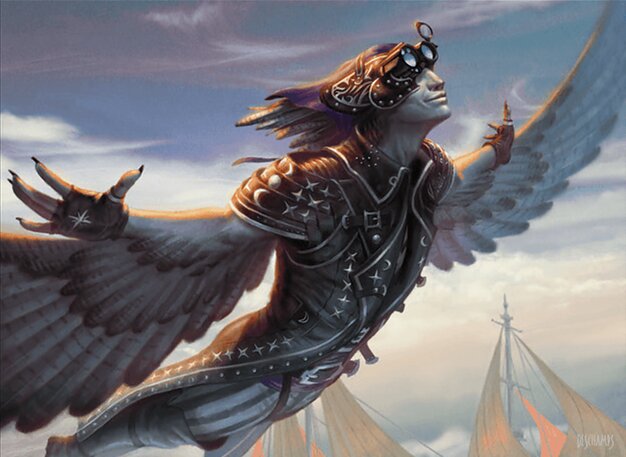
Malcolm, Keen-Eyed Navigator
Utilize artifact and treasure synergies to ramp quickly, control the board with interaction, and close games through commander damage and value plays.
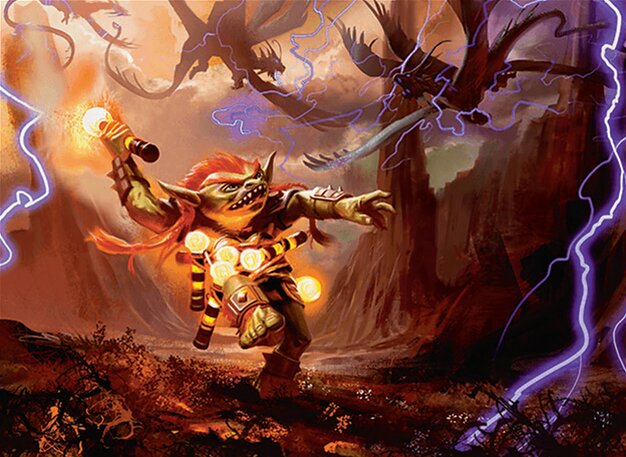
Vial Smasher the Fierce
Aggressive damage-based strategy that leverages spells and combat damage to quickly reduce opponents' life totals, often paired with a partner for combo potential.

Shiko, Paragon of the Way
A flicker-based deck using value creatures and enchantments to generate advantage, control the board, and disrupt opponents' plans through repeated triggers.
Gameplay Insights
- 1
Players prioritized removing or protecting key enchantments and mana sources, such as choosing to target Enduring Vitality and debating whether to remove it with Deadly Recluse or bounce it.
- 2
The use of tutors like Worldly Tutor and Diabolic Intent was crucial to find specific cards like Kenan or Magda, enabling pivotal plays and board development.
- 3
Tevesh Szat's ability to generate Thrall tokens and draw cards by sacrificing them was leveraged for card advantage, supporting sustained pressure.
- 4
Players effectively used mana rocks and fetchlands to maximize mana efficiency, enabling casting of multiple spells in a single turn, including commanders.
- 5
Combat decisions were carefully considered to apply pressure on specific opponents while preserving life totals, with Malcolm and Magda dealing targeted damage.
- 6
Players demonstrated savvy use of interaction windows, such as casting red elemental blast in response to important spells and using flicker effects to protect permanents.
- 7
The presence of Smothering Tithe significantly boosted mana resources, facilitating explosive turns and enhancing the ability to cast high-impact spells quickly.
Notable Cards
-

Thrasios, Triton Hero
-

Tevesh Szat, Doom of Fools
-

Malcolm, Keen-Eyed Navigator
-
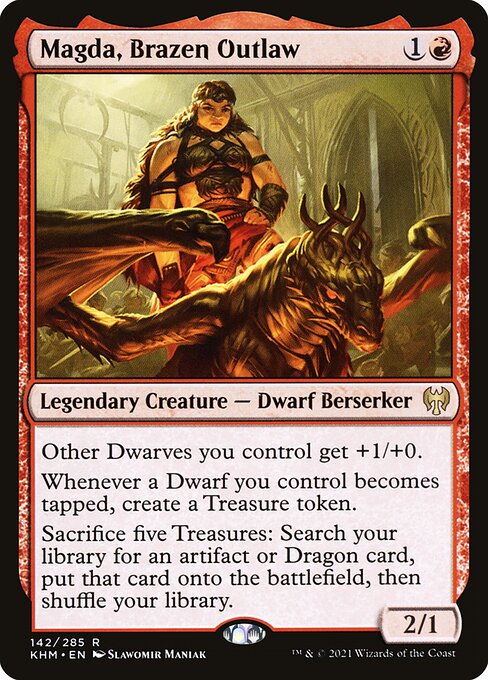
Magda, Brazen Outlaw
-
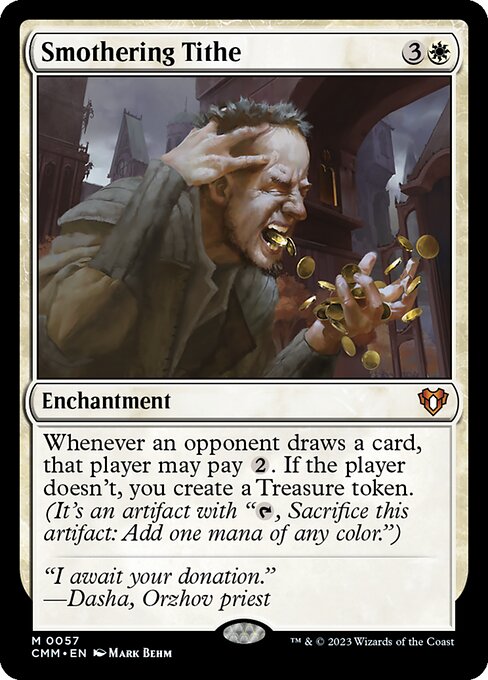
Smothering Tithe
-
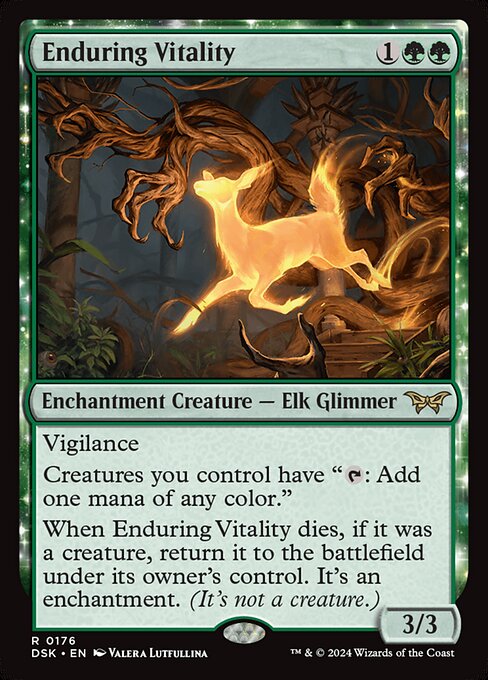
Enduring Vitality
-
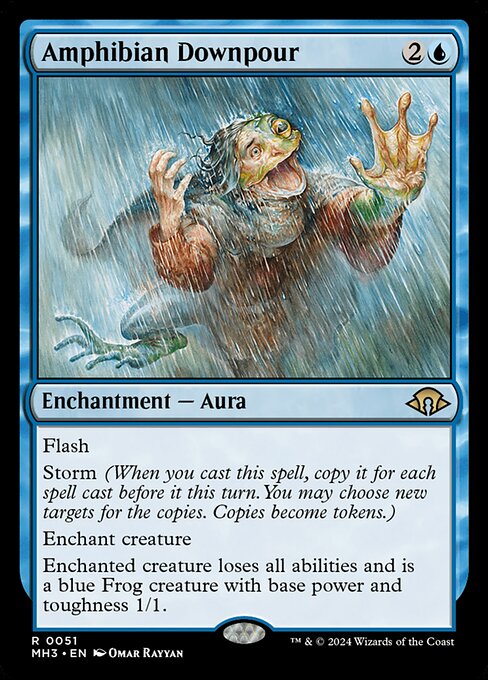
Amphibian Downpour
-
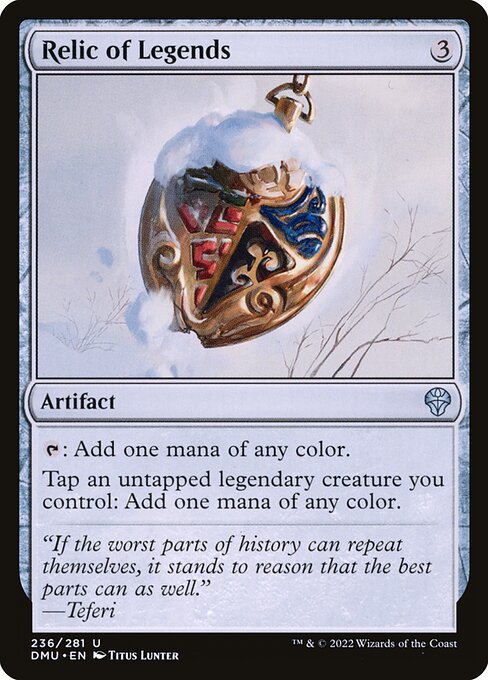
Relic of Legends
-
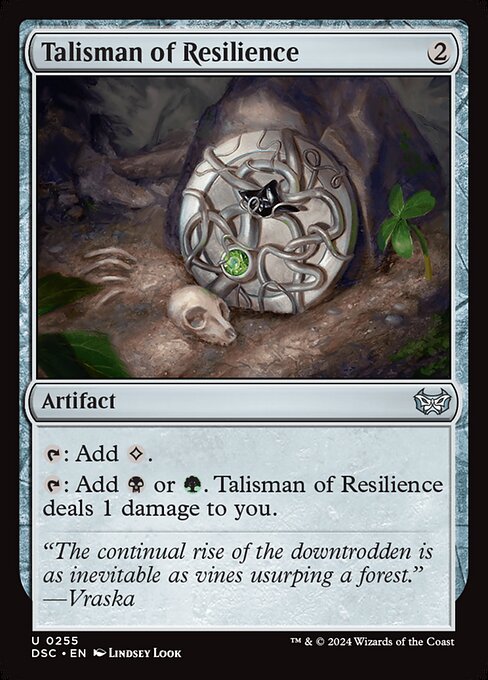
Talisman of Resilience
-
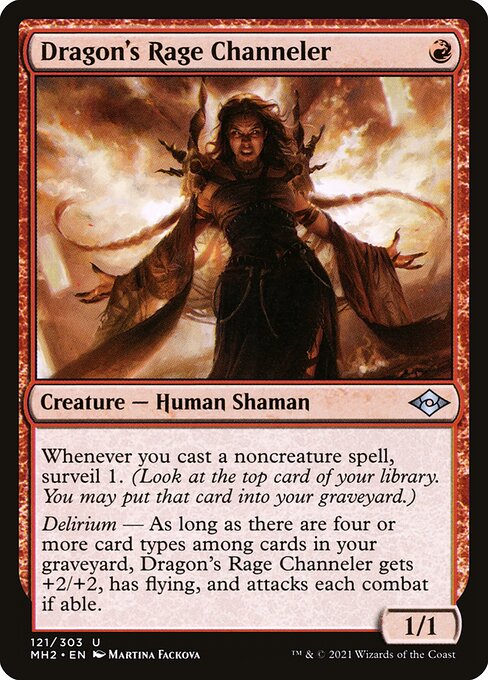
Dragon's Rage Channeler
-
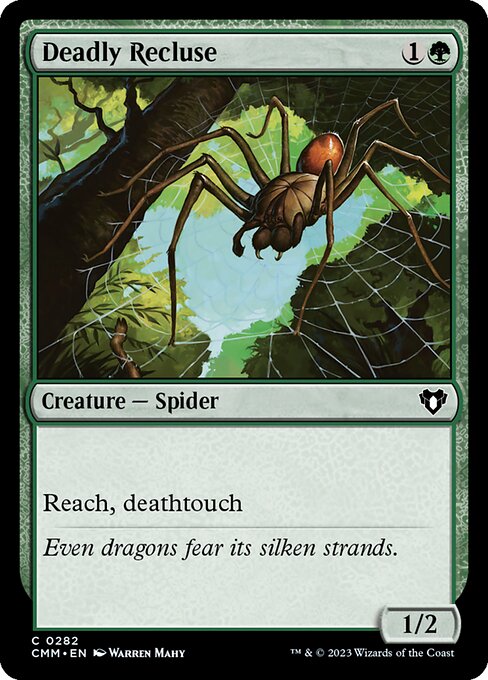
Deadly Recluse
-
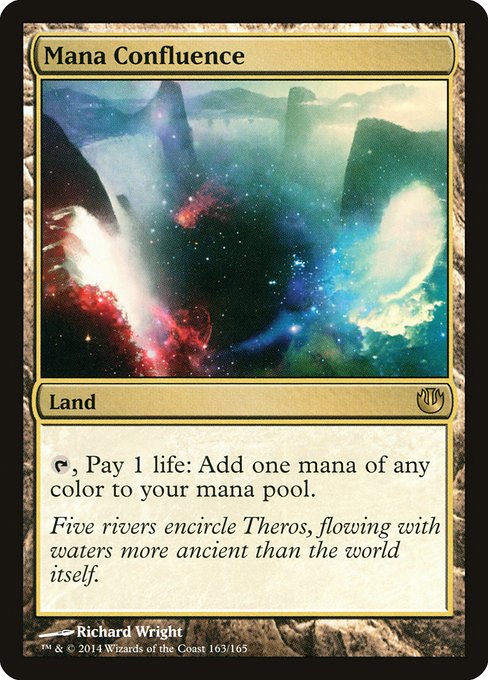
Mana Confluence
-
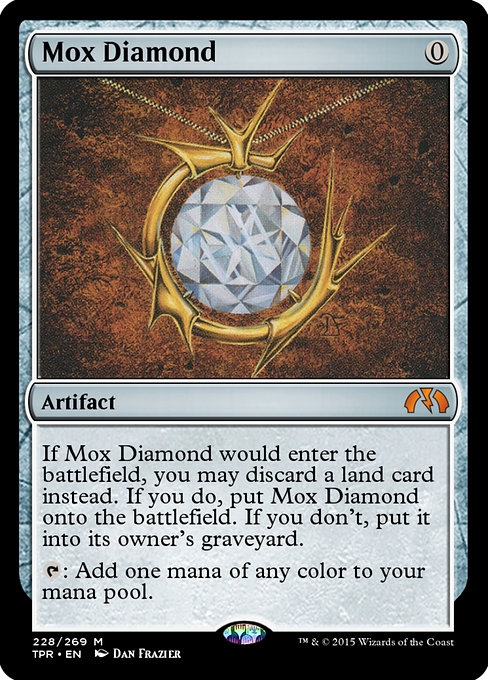
Mox Diamond
Gameplay Summary
The game started with all four players setting up their mana bases and early ramp, with key plays including the casting of commanders like Thrasios, Malcolm, and Tevesh Szat.
Early turns saw players establishing board presence and setting up their engines, such as the use of mana rocks, fetch lands, and tutors to find critical pieces like Kenan, Seaborn Muse, and Smothering Tithe.
There was interaction in the form of targeted removal spells like red elemental blasts and strategic use of counterplay, including attempts to protect important enchantments and permanents. Midgame revolved around players leveraging their commanders' abilities and utilizing card advantage engines.
Tevesh Szat made an impact by generating Throll tokens and drawing cards, while Malcolm's aggressive attacks pressured opponents and Magda supported treasure generation.
The use of powerful artifacts like Relic of Legends and enchantments such as Enduring Vitality and Amphibian Downpour shaped the battlefield state.
Players also executed careful sequencing with spells like Silven Scrying and thoughtful resource management with mana rocks and fetchlands.
Combat was active, with swings directed to weaken opponents, and key plays like casting Smothering Tithe helped fuel further explosive turns. Throughout the game, players demonstrated nuanced understanding of interaction windows and prioritized important targets, such as removing enchantments that provide mana or card advantage.
The use of tutors and recursion ensured that players maintained pressure and options.
The game was a dynamic battle of resource management, board control, and incremental advantage, with players looking for openings to close out through commander damage, token swarms, and overwhelming board presence.

































